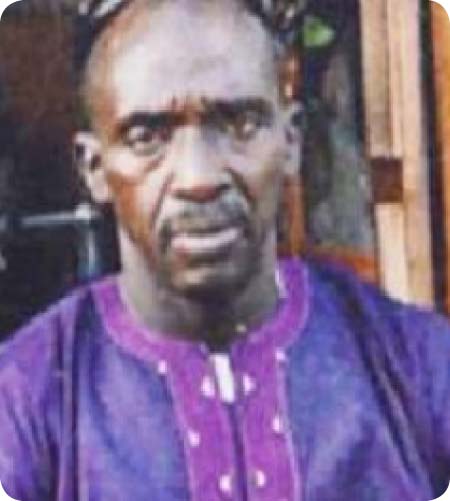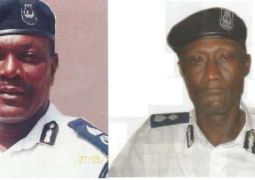
In his submission, the prosecutor told the court that the accused person has a case to answer, having regard to the evidence of the prosecution witnesses.
He said the accused was charged under the criminal procedure code, adding that the prosecution, in an attempt to prove its case, called five witnesses.
The first witness testified on his encounter with the accused when he wanted to paste the photo of the President on his car.
The third witness testified before the court, and said the accused told the first witness: “If you wish, you can paste the photo of the President in the sky,” adding that this evidence had corroborated the evidence of the first witness.
Colley also submitted that the fourth witness said he recorded the cautionary and voluntary statements of the accused person, who admitted to the charge against him.
This witness signed and the accused thumb-printed, while the independent witness also signed the statements, said the prosecutor.
He added that the statements were read in Wollof to the accused.
The fifth witness testified as the investigating police officer, and told the court that the accused person was brought to their office and charged with sedition.
This witness said the accused had uttered statements against the photo of the President, which the first witness was pasting on his car.
Prosecutor Colley said a no-case submission would be upheld when there has been no evidence to prove the essential elements of the offence charged, and when the evidence is so manifestly unreliable that a reasonable tribunal cannot rely on it.
Colley added that none of the prosecution witnesses had been discredited as a result of cross-examination, adding that the evidence of the prosecution witnesses had established the offence charged.
“The conduct of the accused and utterance had shown deep-seated grudge, disaffection, hatred and contempt against the person of the President,” prosecutor Colley told the court.
He said the question that needed an answer to is: “What business did the accused have with the first witness pasting the photo on his own car?”
Colley said it was based on hatred, disaffection against the President, adding that it was clear from the evidence of the first witness that he does not know the accused person.
The accused should be called to explain the statement he made, because it was the defence submission that the statement was not seditious, the prosecutor continued.
“A prima facie case has been made against the accused, who should be asked to open his defence,” prosecutor Colley submitted.
Defence counsel Camara in response told the court that the case is a criminal trial, and there was no burden on the accused as at now.
He argued that the burden was on the prosecution, which had not proven its case.
“The statement by the prosecutor that the accused had deep-seated hatred, contempt and disaffection for the person of the President is not sedition. A seditious statement is one that is capable of engendering hatred, contempt, and disaffection of a person in the public,” the defence counsel argued.
He said what the prosecution had failed to address was that no statement had been uttered against the President by the accused person.
The case was adjourned to 12 March 2014, for ruling.


